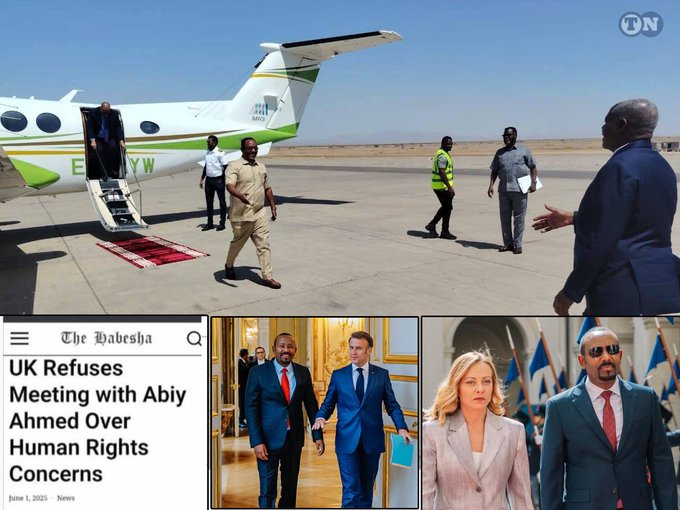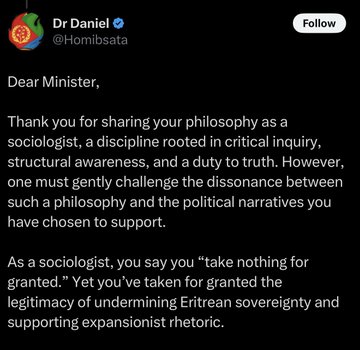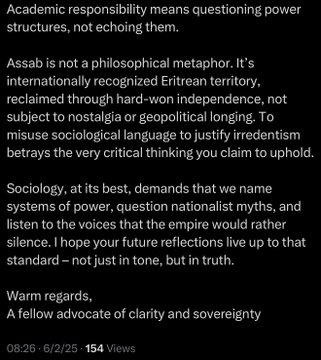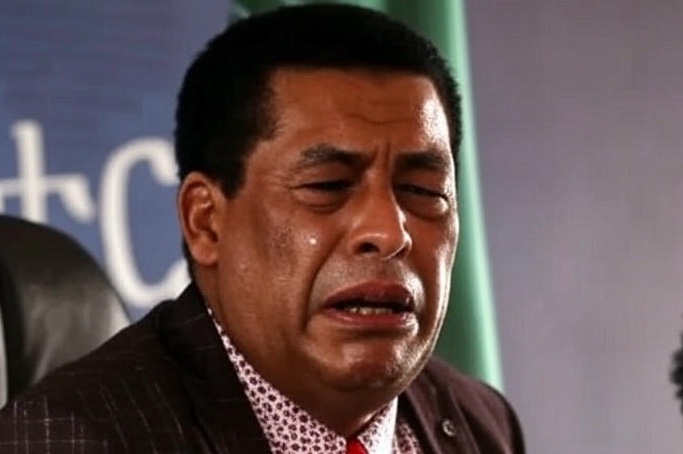Africa
Civil War in Sudan: When Historical Mechanisms Are Unlocked
In just 72 hours, momentous developments have occurred in Sudan, offering genuine hope for a swift and clear resolution to the painful civil conflict that has been ongoing since 2023.
Di Filippo Bovo
https://www.opinione-pubblica.com/civil ... -unlocked/
4 Giugno 2025
 Il nuovo premier sudanese Kamil Idris giura davanti al Generale Fattah al-Burhan.
Il nuovo premier sudanese Kamil Idris giura davanti al Generale Fattah al-Burhan.
Three days ago, upon assuming the role of prime minister,
Kamil Idris dismantled the old government in Sudan—an anachronistic legacy of the failed transition initiated in 2019 and definitively shattered in 2023. That was when the civil war erupted with
Dagalo Hemedti’s RSF (Rapid Support Forces, born from the old Janjaweed of the
al-Bashir era, sadly known for their actions during the Darfur conflict). The RSF broke away, rebelling against the Transitional Sovereign Council led by General
Fattah al-Burhan. Idris has now launched an entirely new transition, which includes both military and civilian figures, but within which, as could be easily inferred, there will never again be any place for the RSF. Hemedti’s militias have, in fact, so thoroughly overstepped every legal, human, and social boundary in Sudan that they can no longer hope for a role, even as losers, in the national political and governmental reality. The Sudanese people no longer want them.
Understanding the historical scope of their massive failure, the two primary economic and military promoters of the RSF, the United Arab Emirates and Ethiopia, attempted a new approach with Sudanese authorities, starting with General al-Burhan. However, he hastily rejected their overtures, just as he had previously done with the United States and Israel. Ethiopian delegates who traveled to Port Sudan to meet him were even denied an audience. For the record, these were the director of Ethiopian intelligence,
Redwan Hussein, and the former president of the Tigray state,
Getachew Reda, who also led the recently defeated and ousted G faction of the TPLF (by faction D, led by
Debretsion Gebremichael), much to the chagrin of Ethiopian Prime Minister
Abiy Ahmed.
Abiy Ahmed has thus found himself excluded from the important northern state of Tigray, bordering Eritrea and therefore essential to his plans for greater militarization against both Asmara and Khartoum. Meanwhile, the mounting civil war within Ethiopia itself, not only in Amhara, is increasingly spiraling out of his control. Recent news reports the resignation of six top generals from the Ethiopian Army, in an act of rebellion against Abiy Ahmed and his suppression of the Amhara uprising, which they deemed “
genocidal.” The fact that these six resigned officers belong to that very ethnic group, like others who have already resigned or joined the FANO (the self-organized militia leading the revolt), increasingly underscores the emerging divisions in the country. Essentially, the war and destabilization fueled by his government in neighboring regions and countries are slowly, but massively, rebounding against Addis Ababa itself.
In the meantime, the defeated Hemedti, head of the RSF, appeared in a new video where he again blamed Eritrea for his defeat. He accused Eritrea “
guilty” of providing the Sudanese Army with aid and training since the conflict began, and even more so in recent months. This aid has proven essential in helping the Sudanese Army regain ground, effectively disrupting all Ethiopian-Emirati plans and, further upstream, Israeli-American ones. It’s not the first time he’s made such accusations, and it’s also not lost on observers that in his diatribes, he consistently targets the Eritrean government. Evidently, Eritrea has managed to exert its influence in the complex Sudanese civil conflict with more skill and effectiveness than al-Burhan’s other allies, from Egypt to Russia, Saudi Arabia, Iran, and Turkey, despite the undeniable value of their aid in any case. After all, without their military equipment, many successes for the Sudanese Army, strongly supported by the majority of the population, would not have been possible.
It’s curious to note how all these events we’re recounting have occurred in the last 72 hours: from Kamil Idris’s work, which lays the groundwork for a new political era in Sudan, to the fruitless visit of Hussein and Reda, to Hemedti’s venomous video and the resignations of the six high-ranking Ethiopian military officers. This gives the sensation of a rapid escalation of events, in an overall positive direction, unlocking political and military mechanisms that have long been poised to act, and until now forcibly restrained.
Another merit of Eritrea, from a humanitarian perspective, has been its welcome of many Sudanese civilians fleeing the conflict since 2023. The country has offered these people, uniquely in the region, the opportunity to reside in real homes with food provided by the state as well as by the population, which is deeply connected to the Sudanese for historical reasons. General al-Burhan, during his recent visit to Eritrea, deeply thanked its President
Isaias Afewerki for this important gesture of brotherhood. All these elements should make us reflect more on the importance of local actors in civil conflicts like the one in Sudan. In the few instances when the tragedy of the civil war in Sudan receives attention in the analyses of many Africanists, the major extra-regional allies of Hemedti or al-Burhan are always mentioned, but never the local ones, such as Ethiopia for the former and Eritrea for the latter. And, to be honest, there isn’t much talk about the Emirates or Egypt either.
Meanwhile, Hemedti has left Sudan on a flight that, after a stopover in the Central African Republic, finally arrived in Ethiopia. He has left behind a country to rebuild, deeply wounded by his men. But certainly, tomorrow’s Sudan, without him and without them, will be able to recover with much greater strength and ease.







